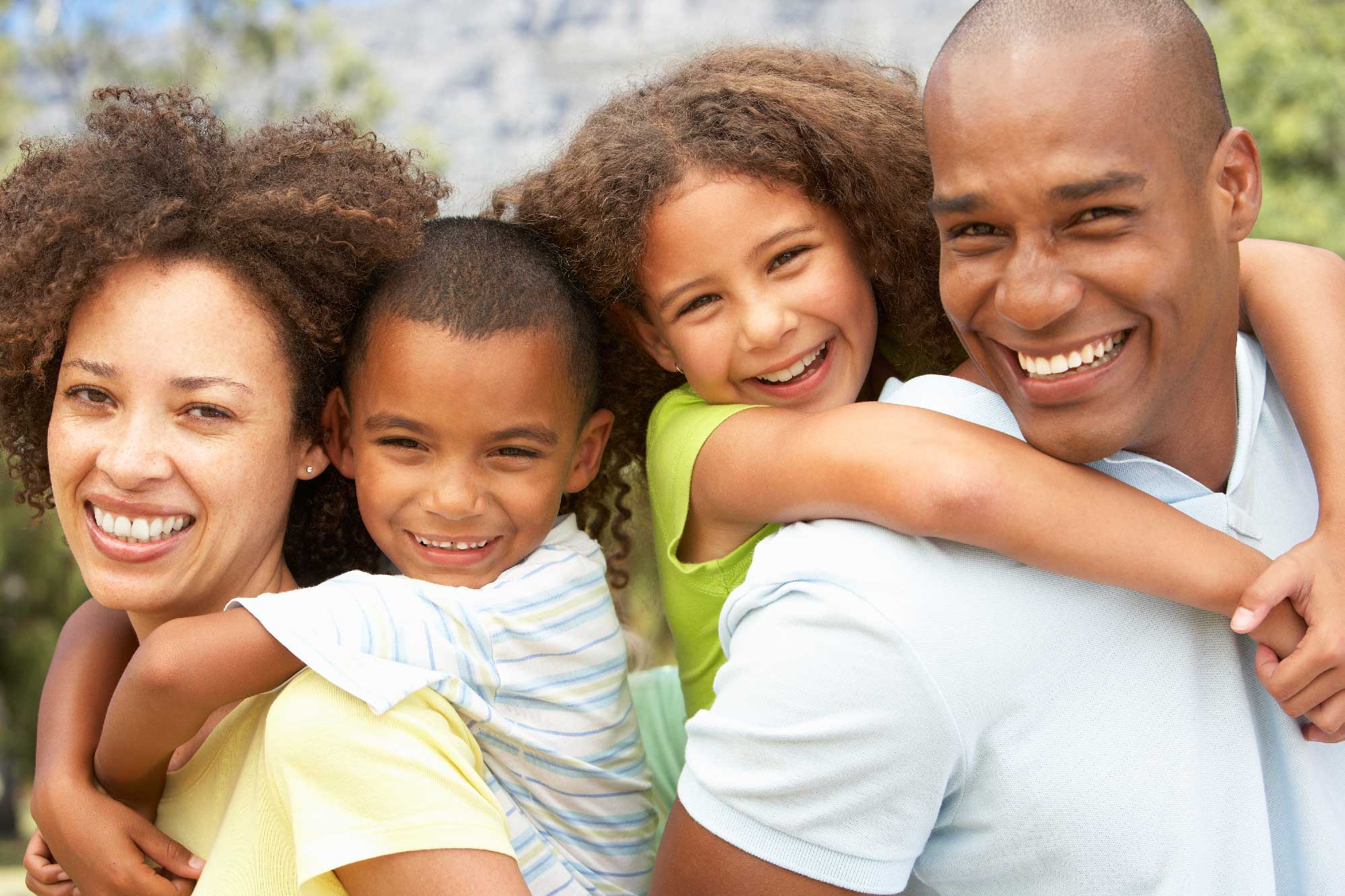
"The most important factors needed for optimal brain development are safety, security, feedback and Encouragement" (Jensen, 1997).
"Encouragement is about accepting ourselves and our children for who we are. Acceptance notices and describes behavior or actions that exist. Acceptance in the cornerstone to unconditional love" (Bailey, 2001).
We get more of what we pay attention to. Whatever we focus on is what will be strengthened in ourselves and in our children. Just imagine what could happen if we turn our attention to noticing and encouraging the following types of behaviors.
– Helpfulness – Thoughfulness
– Kindness – Sharing
– Taking turns – Cooperation
– Caring – Concern
Encouragement is a skill. Children also need encouragement when they make inappropriate choices. Focus on helping and encouraging them to problem solve, too.
-"I have confidence you will figure out another way of handling this"
-"You’ll figure out a way to be helpful. I know you, inside you do not like to be hurtful."
-" That’s a rough spot you are in, but I know you can work it out. Let me know if you need help."
-"We all make mistakes. What could you do now that would be helpful?"
– " You can do it."
Positive encouragment teaches our children that they are unique and each have unique talents. Positive encouragement also teaches our children that they can make a difference. To begin practicing the skill of Positive Encouragement we must move to linking each child’s actions to enjoyment and satisfaction instead of tangible rewards.
Guidelines for Positive Encouragement
1. Start your sentence with your child’s name or the pronoun "You" or "You did it" or "Look at you"
2. Next describe exactly what you see. "You put your toys in the toy box"
3. End your description with a tag.
Tags that describe attributes – "That took determination", "That was brave", "You sure are organized"
Tags that describe values – "That was helpful", That was thoughtful", That was kind, caring, loving…"
So next time you notice your child making a positive choice instead of just saying "Good Job" try "Lisa, you helped your little brother put his toys away. That was helpful"
Works Cited
Bailey, Becky, PH.D. (2001) Conscious Discipline. Oviedo, FL: Loving Guidance, Inc.
Jensen, E. (1997) Completing the Puzzle: The Brain-Compatible Approach to Learning. Del Mar, CA: The Brain Store, Inc.